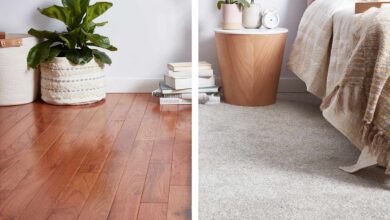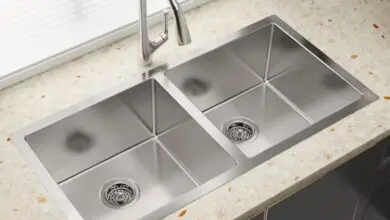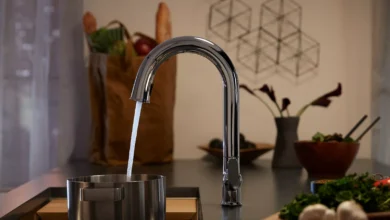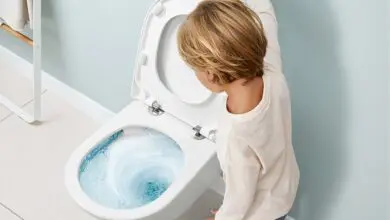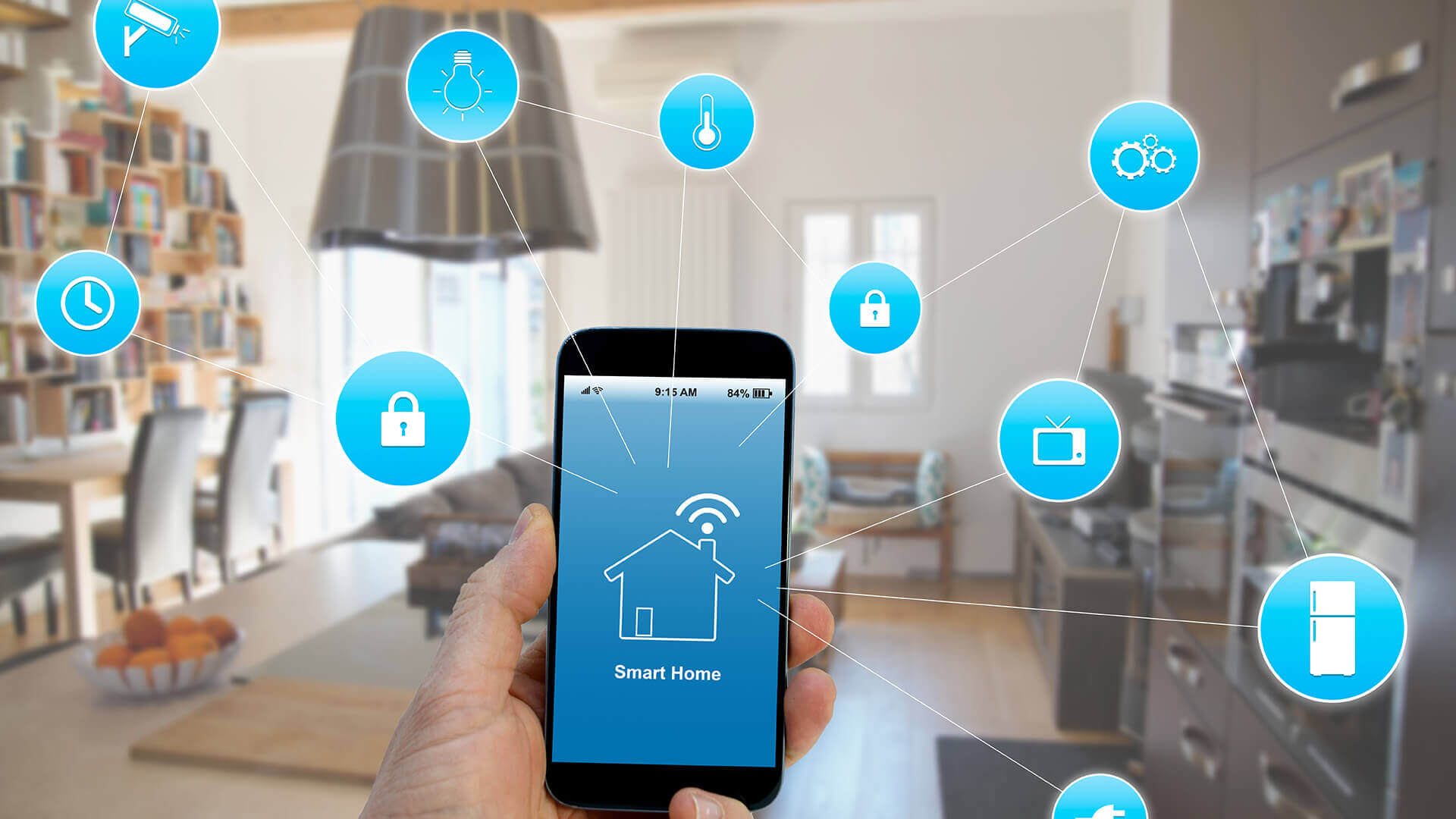
Technology is awesome. In recent years, there wasn’t a thing that was made that didn’t become even greater with a bit of a tech injection. Nearly autonomous cars, planes flying by themselves for years now, flying cars, smartphones, watches and now homes.
Yes, we have reached a point in which we can now own a fully smart home that is capable of worrying about itself. Some will deem this as a leap forward while others will worry about this, just like they worried about smartphones when they were presented. We as humans tend to doubt things, mostly unnecessary, but doubting is what has gotten us safe for ages, it is an evolving thing and we have to accept it.
Smart home technology is often referred to as a home automation system, which, as the name suggests, means to automate your home. with this kind of technology, you can control almost every aspect of your home with an internet connection. It is also a cost and energy-effective way of running a house.
Many internet and cable providers offer home security systems. For example, with Xfinity Home services, you can monitor activities around the house with their advanced security camera system. You can even operate lights remotely through your smartphone with Cox Homelife services. Smart home technology has much more to offer to homeowners for a convenient lifestyle.
Benefits of smart home technology
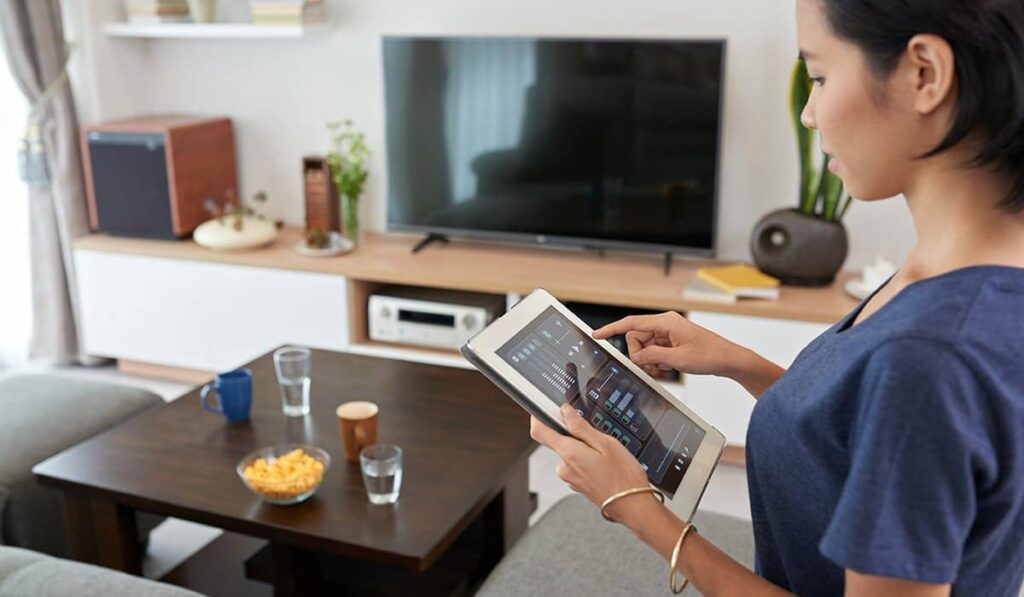
The benefits of having smart home technology speak for themselves. Let’s look at the following examples of how smart home technology will be advantageous for you.
- Energy-saver. Smart home technology is very effective at managing energy levels, and as a result, this saves you from having to pay a large sum for your electric bill.
- Security. With security cameras, you can monitor the activities going around your house. Your motion-triggered smart lights will trick burglars into thinking that someone’s home while you’re on vacation.
- Smart home gadgets are also designed for your convenience. You can program your door locks and smart lights in such a way that they turn on whenever you unlock the door to enter your home. You can also dim your lights upon command, or have your thermostat ready before you enter your home.
- Smart Plugs. These devices free your hands from manually plugging and unplugging appliances. You can control it with your voice or through the app. Vont smart plugs also have Vacation Mode where you can set them to randomly turn on/off and make burglars think you’re home even when you’re not.
- Remote control. You can control or manage the settings of your device, from anywhere, at any time.
Cons of smart home technology
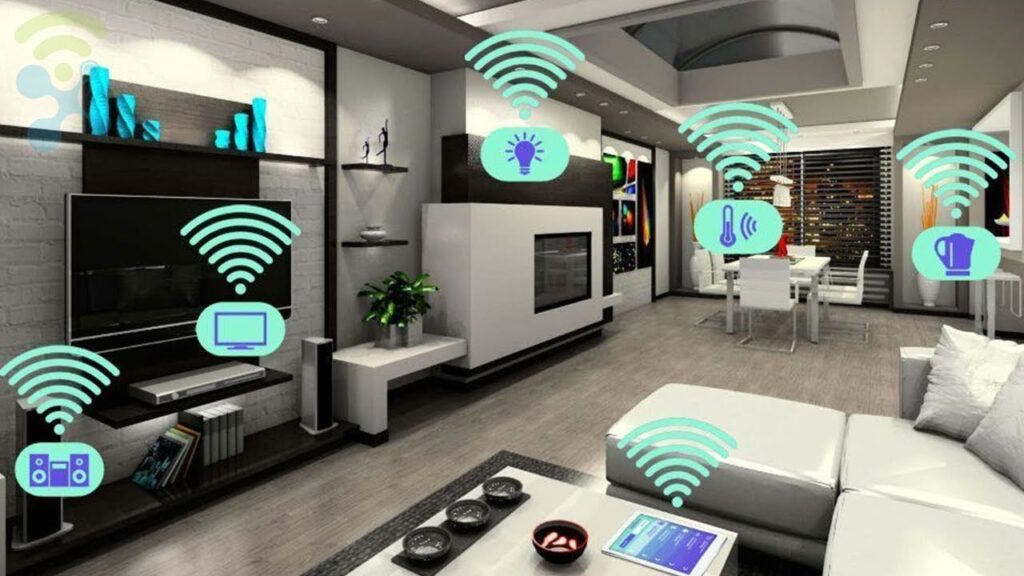
Sadly, every new thing has two sides to itself so does smart technology built into a home. Since you can and you will operate your home via internet connection and device and system pairing some questions arise from that, like:
- Cyber security is a great concern when it comes to smart homes. We are all aware that there are individuals in the world that can hack almost anything that is connected to the web, or anything similar to it.
- Price is another concern since these things cost a pretty penny. If you want a fully smart home you will have to invest a lot in that and besides that, you will also have expenses of professional installation and maintenance.
- Central or app-based technology is something that most debate about. Both have their pros but cons are what worry other people with central control you have one app hub that helps you control an entire home and all of the appliances that are compatible with the hub. In case something dies or has to be replaced you are limited to products that are compatible with your central hub. An app-based smart home is tied to a cloud via your Wi-Fi and from there you will have multiple apps on your smart devices that will control your appliances and smart home feature. Here you will be less limited but you will have to browse through multiple apps to do what you intended.
How does it work?

First things first, you will need an internet connection to control all the smart home gadgets around the house. The kind of internet speed you go for depends on the number of devices it is being connected to, or the performance will suffer even before you reach the data limit.
Moreover, since everything is being controlled through a wireless connection, it is important to make sure the hub is positioned towards the central location of these devices in your home. If the Wi-Fi hub is placed in the far corner of your house, then the devices which are out of the range will be slow to respond to commands.
Bluetooth might also work for some smart home gadgets, but a dedicated Wi-Fi connection is much more reliable, despite the congestion or constant interference.
Common Smart Home Devices
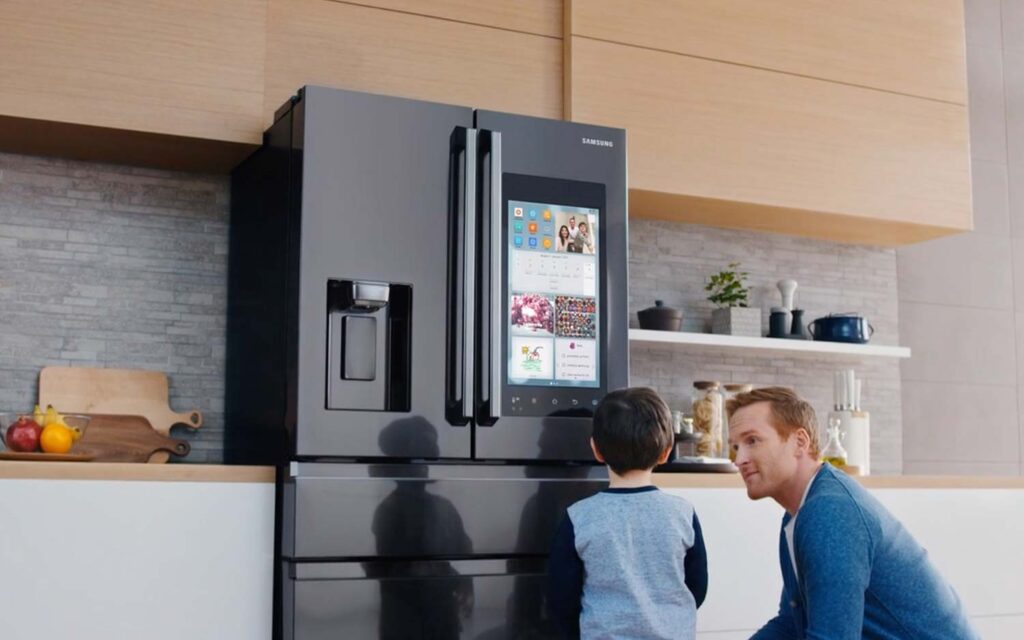
You can choose and install smart home devices that will fulfil your needs. In case you need an idea, the following are the most commonly used smart home gadgets:
- Smart Thermostats. These can be set up to adapt to the climate and room temperature like if it is too cold, you can set the thermostat to heat the room from your smartphone. Or have the thermostat running through your smartphone when you’re just arriving home after a long day.
- Smart Lights. These are the easiest to install. The features of smart lights include timers and motion sensors. You can also set up schedules like having the lights turn on when you are entering the home, and having them turn off around your bedtime. Motion-sensor abilities will allow the lights to turn on when someone is within a distance of entering the room, and turn off when they’re leaving the room.
- Smart TVs. You can even use smart home technology on your TV and stereo for entertainment purposes. You can have your DVR record a program on TV to watch later. Or you can have the stereo play some music to set up the mood.
- Smart Sprinklers. You can set up a watering schedule when your plants should be watered. Or your smart sprinkler will let you know when a particular plant needs water and it will just apply the required amount to it. It is also an effective way of saving water.
- Smart refrigerators. How many times have you told yourself that you need to go shopping because you need a few things in your fridge and managed to forget about them? How many times have you written down necessities on paper and lost them? With smart refrigerators, you will never need to worry about these things because they can now track what you have, dates of expiration, what you need, and you don’t have to write or memorize because you will get a notification for that on your smartphone.
These are just some of the examples of how smart home technology is being integrated into home life and designed to suit their needs through technology.
Are you interested?
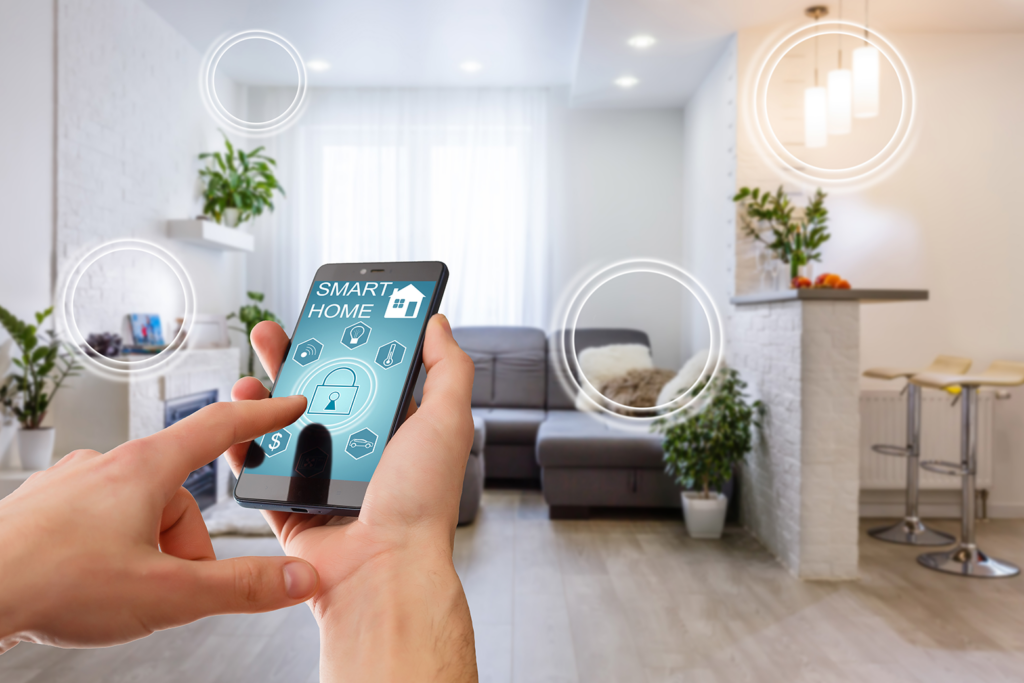
If you are interested in having smart home technology in your home, these are the steps you should be following:
- Have an idea about your budget and how much you are willing to invest
- Be clear about what kind of smart home gadgets you need for your home
- Choose the right smart devices that you need, after a bit of research
- Have those installed and set up around your house
Wrapping Up
It is easy to get confused by the sheer load of smart home technology that you are browsing for. But, as a first-time user, you can start small. You can buy smart home door locks or have cameras installed around the house. From there, you can move on to smart lighting for door locks, to turn on whenever you enter your home. Go with the gadgets that click for you, based on your needs.

